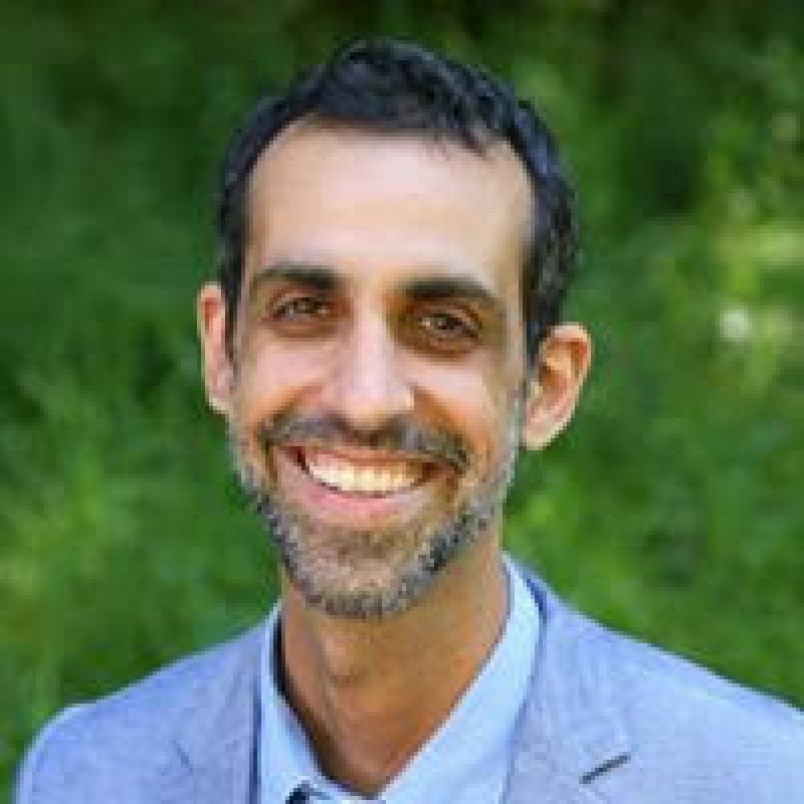The current crisis of addiction, depression and anxiety should not to be blamed only on people’s lifestyle, genetics or ‘disorders’. These are symptoms of profound disconnection that human beings are experiencing all over the world. The disintegration of communities might be subtle in some cases but the suffering adds up. With less co-regulation, low inner (community) resources, and a fragmented common (ecological) ground for meaning, purpose and values, connections fall apart and with them so do people and families. In his brilliant article titled “How to Enslave People With Addiction”, Charles Eisenstein, (2014) writes:
Remove as much as possible all opportunities for meaningful self-expression and service. Instead, co-erce people into dead-end labor just to pay the bills and service the debts. Seduce others into living off such labor of others ... Cut people off from nature and from place. At most let nature be a spectacle or venue for recreation, but remove any real intimacy with the land. Source food and medicine from thousands of miles away ... Move life— especially children’s lives —indoors.
Eisenstein is pointing to a (very) sad truth. When the abandonment of our deepest needs occur, people use avoidance strategies to neither hear the ‘scream’ from within nor sense the devastation of their communities and environment.
We need to take a broader view of the social conditions of human suffering and understand how deeply global change and the forces of the free market ideology have effected each and every level of our social-cultural engagement. When we start to register that, like any other force, current global economics are carving our social typography and redefining the ways in which we understand ourselves and our place in the world.
As globalization ‘hits’ new shores, humanity is responding as best it can. However, it seems to me that we are mostly re-acting instead of adapting. Adaptation (which is part of evolution) is what is needed most these days— not only on a personal level, but also between people— in groups, with friends, within families and in communities.
What can be done? I believe that we need to upgrade our cultural ‘operating system’. This new ‘operating system’ should help us arrive at the future of our choice, not the future of our misdoings. As we increased in complexity, the need for a socio-cultural vision that could hold multiple perspectives while simultaneously focus on the holistic, global and integral nature of things grow. A vision that holds depth and span (beyond the post-truth era) and allows for synergy and a new view of our unfolding essence.
What would this look like? Well, that’s complicated.... I promise I will be writing much more about this critical issue in the months to come. I will point at what can be done and the reasons to our current situation. But for now, I would like to focus on three basic foundations for a successful upgrade to even be possible
Firstly, fewer ideas, but better integration: We have so many ideas, programs, platforms and solutions to the epidemic of addiction, depression and anxiety. Most of them are great and highly effective on the individual level but don’t have as much efficacy on the wider scope of change.
Secondly, safety is key: there cannot be sustainable growth without equilibrium and that can only come when the organism feels safe. Safety is the ground on which life can thrive and bloom. The lack of safety and ground is one of our biggest challenges as a society because so many people are uprooted and dislocated. Without this foundation, it is extremely difficult to explore needs, values and feelings. Without learning how to be together in a respectful and caring way (that honours the developmental needs of ourselves and others), people won’t feel they can show up as who they are in their full beauty AND ugliness, in their brilliance and small-mindedness.
Third, we need more adaptation and less re-action: When new epidemics erupt, new medications are needed. If we use this metaphor for our times, we can see that we will not resolve this crisis by behavioural reactions (spending more money, providing more psychiatric medications to clients and so on). The new ‘medications/solutions’ will be found in the most basic patterns of life... In the basic patterns of evolution, adaptation and human development. If we use the current US election as one example, we will discover that the election was less about left vs. right and more about stages of consciousness ‘fighting’ for dominance.
As a global community, our social challenges and personal burdens can be transformed—or at least find equilibrium—by a deep listening to life, nature and soul. Life calls us to re-invent ourselves as co-creators. Always available for discovery—evolving, self-organizing, unifying. For we are born from and are a part of the Cosmos. This means that a pulsation of harmony is present in us at any given time when we pay attention.
It might not be enough to ‘fight the power’ on a global scale, but it may be enough to help our family members and clients find new connections and purpose that are bigger than their sense of isolation. I see this pulsation to be the baseline for future research, not for its ontological truth, but from a place of open inquiry and most importantly, hope.



